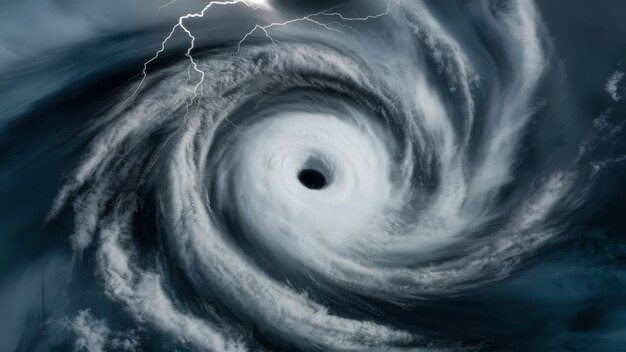Today’s quote comes from Swami Sivananda: “Just as the bottom of a lake becomes clearly visible when the surface waves settle, so too can the true self be perceived when the fluctuations of the mind calm.”
Only when we find stillness and become fully present with ourselves can we truly recognize who we are. In our fast-paced, technology-driven world, this has become increasingly challenging. We are bombarded with a constant stream of news, facts, and information. Even in everyday life, choices have multiplied; in supermarkets, for instance, we now face entire aisles filled with countless varieties of jam, rather than just four or five options.
Take a look at today’s youth: they often juggle multiple digital devices simultaneously. One screen might be playing music or a movie while another is used for homework or gaming. In restaurants, people no longer simply engage in conversation; they send messages, respond to notifications, and read texts—all while dining together. Even parents out for a stroll with their children often find themselves on the phone, chatting with friends. The focus on genuine human connection has sadly become an afterthought.
This is unfortunate because true connection with others can only be discovered when we tune out distractions and concentrate fully on the person in front of us. We now know that multitasking is not effective, yet we continue to act as if it is possible.
But the quote speaks to something deeper: in extreme situations, it can be nearly impossible to be ourselves. Just as turbulent waves hide the lake’s depths, intense emotions can obscure our true selves, making it hard to feel who we really are. This is why it is crucial to return to the present moment, consciously focusing on now and letting everything else fade away.
Breathing slowly and deeply can be a powerful way to calm those waves. In that moment of tranquility, our true selves re-emerge.
The same principle applies to our interactions with others: when we genuinely engage with someone, we can sense their true self—provided they are open to it. Let’s prioritize the moment and focus on what truly matters: ourselves and those around us. By doing so, we can cultivate deeper connections and rediscover the essence of who we are.









